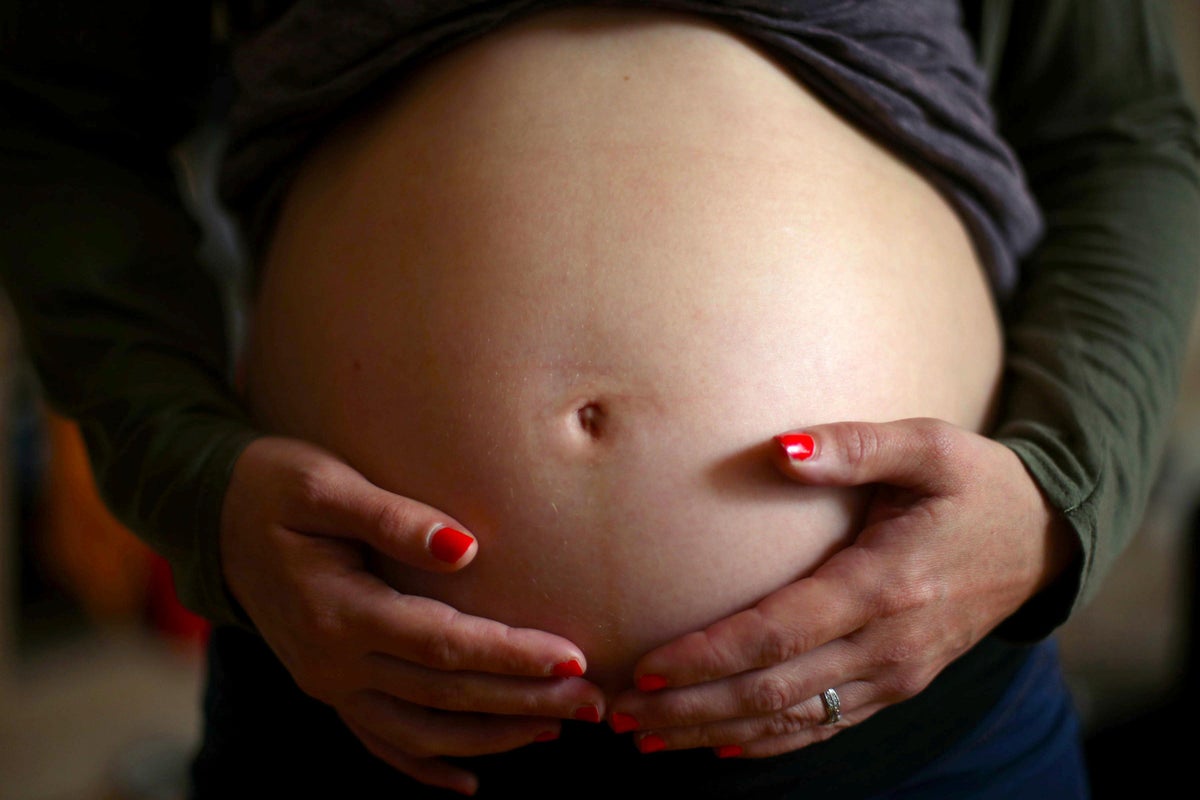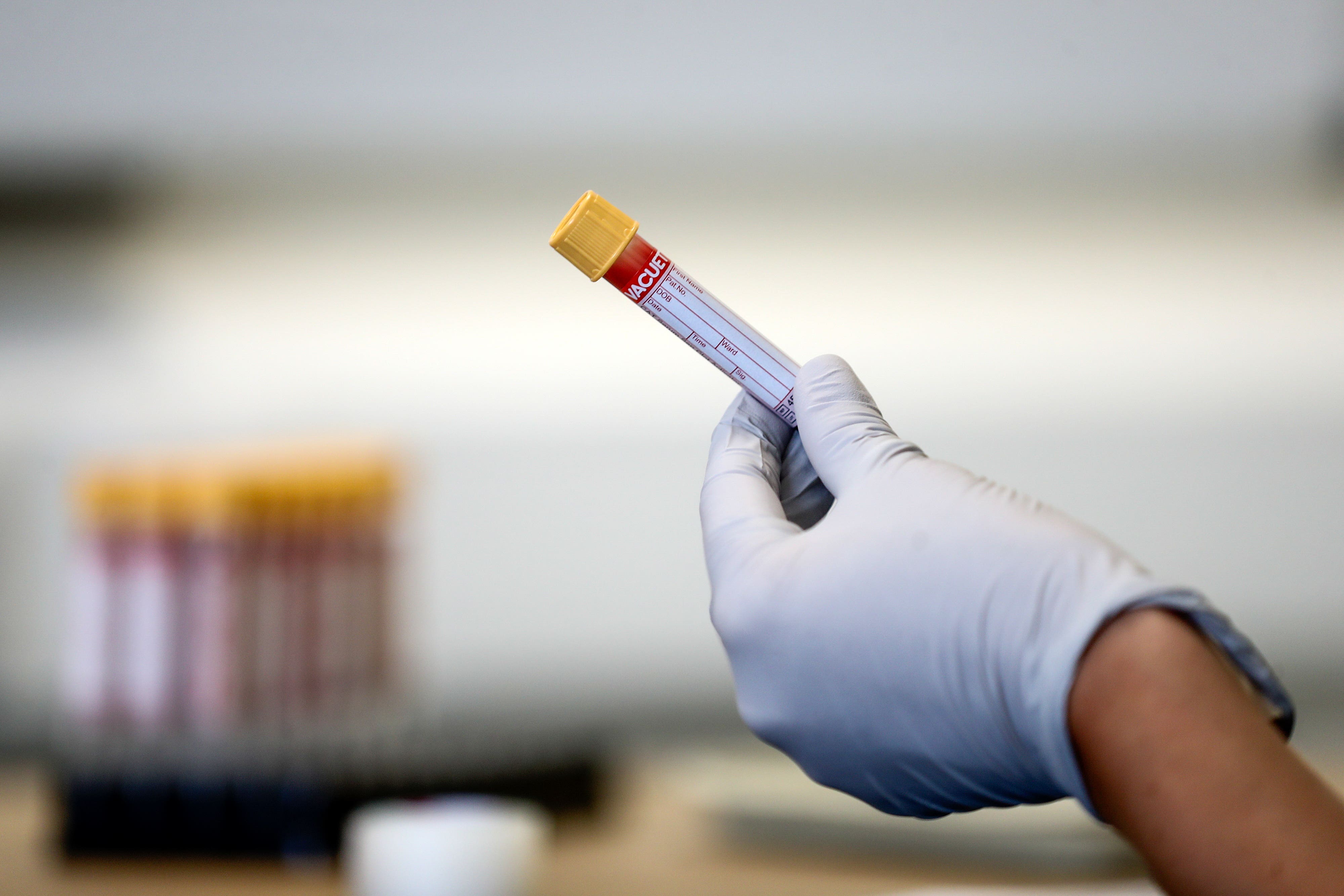
Early signs of deadly pregnancy complications may now be spotted through changes in the gut and screened in advance using a quick blood test, according to new research.
Common conditions such as preeclampsia, gestational diabetes, as well as a liver condition called intrahepatic cholestasis could now be found using a new test developed by Ningbo University, China.
For reasons not yet known, pregnancy affects the gut biome and scientists have harnessed this fact to help indicate any of these three pregnancy complications.
Preeclampsia affects up to seven per cent of pregnancies and kills over 500,000 foetuses worldwide every year. It is characterised by high blood pressure.
Gestational diabetes affects up to 10 per cent and puts babies at risk of type 2 diabetes, and serious liver disease intrahepatic cholestasis carries an almost seven per cent increase in perinatal death.

Though their causes are not yet fully understood, early diagnosis and treatment are key to preventing all three from having life-long consequences or killing the mother or child.
Dr Rongrong Xuan, the senior author, said: “We analysed and correlated the distribution of short-chain fatty acids during normal pregnancy and during three specific types of complicated pregnancy, gestational diabetes, pre-eclampsia, and intrahepatic cholestasis."
Dr Xuan explained that the short-chain fatty acids being analysed are the "metabolic products" of the naturally occurring bacteria in the gut, and "can be used as potential markers of pregnancy complications".
“This is the first retrospective study that links short-chain fatty acids to the risks of three types of pregnancy complications.

“It lays a foundation for the prevention of pregnancy-related diseases in the future,” he added.
The scientists concluded that lower levels of short-chain fatty acids in intrahepatic cholestasis patients could be due to a lack of flora living in the gut biome, and hexanoic acid could be linked to related inflammation
In the study, the team recruited 112 women to find out whether changes in levels of short-chain fatty acids, known as metabolites, could be a sign of pregnancy complications.
The cohort was divided into four groups - those who had healthy pregnancies, those diagnosed with preeclampsia, gestational diabetes, or intrahepatic cholestasis.

Medical histories were taken from each and blood samples were analysed for levels of seven short-chain fatty acids: Acetic, propionic, butyric, isobutyric, isovaleric, and hexanoic acid.
Several strong biomarkers emerged among the short-chain fatty acids, particularly isobutyric acid - present in all three groups who experienced the complications.
Those with gestational diabetes and preeclampsia had high levels of isovaleric, acetic and propionic acid too.
Writing in Frontiers in Cellular and Infection Microbiology, researchers suggested the latter two could be due to dyslipidaemia, an imbalance of lipids in the blood.
Meanwhile, women diagnosed with intrahepatic cholestasis had far lower levels of every short-chain fatty acid, bar isobutyric.
Their levels of hexanoic acid clearly matched up with their illness too.
The research needs to be expanded to include lifestyle effects and tested for clinical use.







